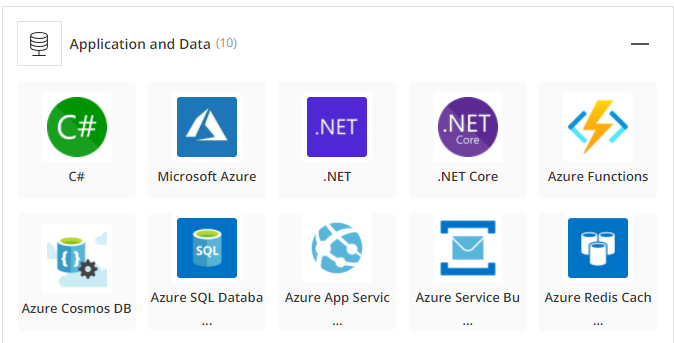
ClearBank has raised £170 million from private equity firm Apax Digital. The cloud-native bank, which launched in 2017 and kept a low profile until 2021, describes itself as the first UK clearning bank in 250 years. (ClearBank has built an API-driven payments platform on Microsoft Azure, based on ISO20022 messaging.
It now serves 200+ UK institutions, including Tide, Chip, Oaknorth, Dozens and Coinbase, with £3 billion in assets held at The Bank of England. It will use the new equity round to expand into Europe, then North America and Asia Pacific and builout out "direct API-based access to interbank payment schemes such as SEPA, enhanced multi-currency accounts, and additional FX services" it said in a release early Monday (March 21).
ClearBank was founded by WorldPay (acquired for $43 billion) founder Nick Ogden.
Follow The Stack on LinkedIn
Despite a plethora of emerging fintechs, many rely on long-established payment rails and settlement/clearing infrastructure; ClearBank aims to provide modern underlying infrastructure as a "fintech's fintech" -- as Mark Beith, Partner at Apax Digital, put it: “All companies are becoming fintech companies, and ClearBank is providing the clearing and embedded banking infrastructure for them – starting with fintechs themselves."
ClearBank provides 24x7 access to the UK Payment Schemes and process payments in real time – its customers simply consume its API, and then have access to Sort Codes and Accounts held at the BoE, and the UK Payments rails. Its USP: "all of the benefits of Direct Participation, without the overheads associated with the day-to-day management of a direct relationship, i.e. man hours, bureaucracy, liquidity, annual attestation, committees..."
Founder Nick Ogden recently spoke at a webinar that focussed bluntly on banking intertia, noting: "This year marks the twentieth anniversary of the PayPal IPO. At the time, the failure of the conventional payments industry to respond to the epic potential of e-commerce on the Internet surprised even the more thoughtful bankers.
See also: Dr Louise Beaumont: Financial services has long been a “fat complacent oligopoly with zero innovation”
"Two decades later, that institutional inertia looks negligent rather than surprising. The loss of payments revenues by banks to technology companies represents a loss of shareholder value that far exceeds what the owners of banks lost in the financial crisis of 2007-08. With e-commerce continuing to grow, especially across borders, the frenzy created by the indifference of the banks continues. It is estimated that there are around 10,000 payment service providers (PSPs) of various sorts – acquirers, processors, facilitators, aggregators, gateways and digital wallet providers – now contending for pieces of the payments industry around the world.
"Yet the so-called revolution in payments amounts to no more than twin measures of the negligence of the banks: an increase in customer convenience that the banks should have provided plus a massive transfer of value from the owners of banks to the owners of technology companies. Every one of those 10,000 PSPs relies either on existing payments infrastructures or existing payments banks to provide a service. They are parasitic rather than transformational. A truly transformational innovation would dispense with the need for bank accounts altogether."

ClearBank's technology stack: a peek under the hood
The ClearBank technology stack is led by CTO Tom Harris, who has earlier described a shift to Azure as based in no small part on the fact that "our existing developer skill sets centered around Microsoft technologies."
"The ClearBank team uses infrastructure as code to build and test repeatable redeployment processes across multiple datacenter locations—helping ensure that critical applications always remain available to customers. It’s also exploring how to automate this process to free up additional resources for more innovative activities.Using locally redundant storage, zone-redundant storage, and geo-redundant storage in Azure Blob Storage, ClearBank helps ensure that its customers’ data remains highly available across multiple regions, while complying with regional regulatory frameworks for data storage, such as the General Data Protection Regulation in Europe" a ClearBank Azure case study shows.
Some limited insight into the ClearBank technology stack can be found here.
(Harris noted in a recent LinkedIn post: "'Bad' tech choices are often just yesterday’s 'good' tech choices. Acknowledge that whichever technology stack you decide to use, whichever package you pick, whichever third party you buy and whichever methodology you align to - it won’t be 'cool' in a few years.)
CEO Charles McManus's ambition meanwhile? "To provide real-time services for everything."
